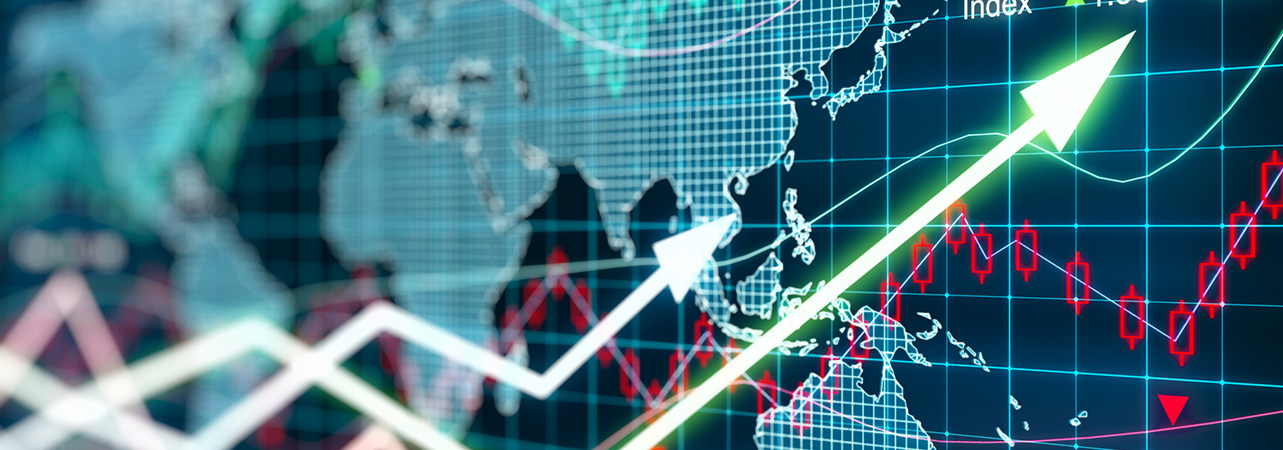Brazil emerged from recession during the third quarter of 2020: the country’s economy grew by 7.7%, posting its strongest growth since 1996, having contracted by 9.6% in the second quarter and by 1.5% in the first quarter.
- Uncertainties remain over Brazil’s vaccine rollout
- India’s inflation remained above target
- Exports continued to pick up in China
To view the series of market updates through December, click here
Brazil emerged from recession during the third quarter of 2020: the country’s economy grew by 7.7%, posting its strongest growth since 1996, having contracted by 9.6% in the second quarter and by 1.5% in the first quarter. Activity rebounded across the economy as lockdown measures were lifted, with especially large jumps in industry and services. Household consumption rose by 7.6%. Although emergency government aid programmes expired at the end of 2020, Minister of Economy Paulo Guedes believes that the recovery can be sustained, underpinned by investment growth; he also insisted that reform measures would continue.
“China is set to supersede the US as the world’s largest economy by 2028”
According to the quarterly inflation report produced by Brazil’s central bank, an effective vaccination programme would help to stabilise confidence and increase demand, particularly in sectors that have been affected by social distancing measures. Uncertainty over the outlook has been exacerbated by ongoing scepticism over the Covid-19 pandemic in Brazil, and by problems over the vaccine rollout. The Bovespa Index climbed by 9.6% in December and rose by 2.9% during 2020.
Despite a dismal performance from India’s economy during 2020, the CNX Nifty Index rose by 7.8% during December and by 14.9% over the year. In comparison, India’s economy shrank by 23.9% between April and June, and by 7.5% between July and September. Retail price inflation fell from 7.6% in October to 6.9% in November; nevertheless, it remained above the central bank’s 6% target. Meanwhile, wholesale price inflation continued to rise, climbing from 1.48% to 1.55%.
<
The World Bank expects China’s economy to expand by 7.9% in 2021, boosted by strengthening consumer spending and an uptick in business confidence. Looking ahead, the World Bank believes that Covid-19 remains the primary risk to China’s economic growth. It urged the country’s leaders to withdraw fiscal support gradually, warning: “A premature policy exit and excessive tightening could derail the recovery”. Elsewhere, China’s export activity gathered pace during November, despite an increase in the value of the yuan. Exports rose at an annualised rate of 21.1%, while imports rose by 4.5%.
China is set to supersede the US as the world’s largest economy by 2028, according to the Centre for Economics and Business Research (CEBR) – five years earlier than previously predicted. Over December, the Shanghai Composite Index rose by 2.4%; over 2020 as a whole, it increased by 13.9%.
A version of this and other market briefings are available to use in our newsletter builder feature. Click here




